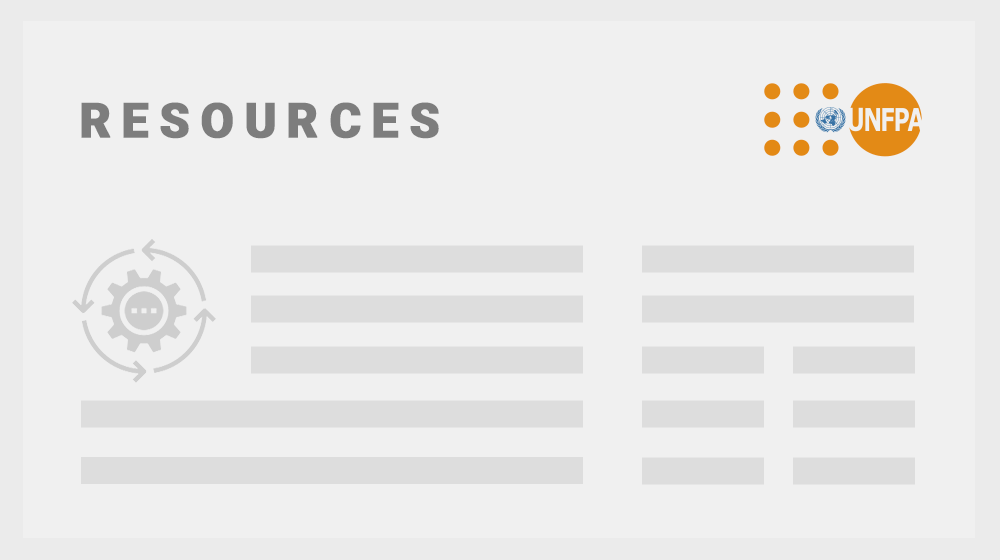Ethiopia
Conflict, climate-related shocks, and disease outbreaks continue to drive humanitarian needs in Ethiopia. Food insecurity is high and the number of pregnant and breastfeeding women suffering from acute malnutrition has soared. Inter-communal violence, prolonged drought and destructive flooding have displaced millions of people across several regions.
Women and girls are struggling to access life-saving reproductive health services as localized conflicts – including a two-year war in northern Ethiopia – have destroyed infrastructure and disrupted the delivery of basic health services. There is also a critical shortage of health-care providers while some 20 million people are in need of emergency health support.
Around 7.8 million women and girls are estimated to be in need of protection and response services in 2024. The overlapping crises have brought increased risks of gender-based violence, sexual exploitation and abuse, as well as rising reports of harmful coping mechanisms such as early and forced marriage.
UNFPA is on the ground in 11 regions of Ethiopia and working with partners, particularly women-led organizations. Our humanitarian response prioritizes life-saving health and protection services that are critical to women and girls’ health, well-being and survival. This includes emergency obstetric care and comprehensive medical and psychosocial support for survivors of gender-based violence. Essential medicines, equipment and supplies have been distributed to facilities and hospitals in need, including to support safe births and the clinical management of rape, and ambulances have been procured to strengthen referral systems.
UNFPA, together with its partners, will continue to focus on the needs of women and girls, and support the rehabilitation of health systems in areas affected by conflict.
Updated on 18 June 2024










